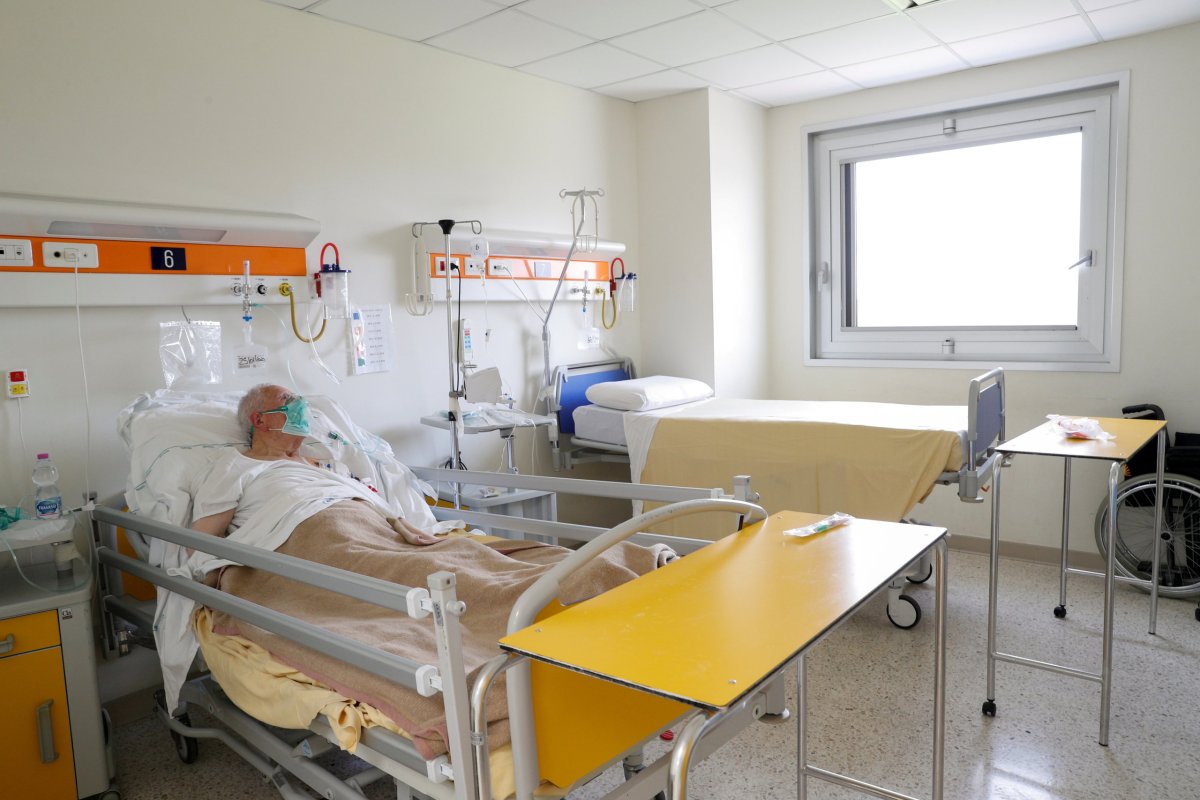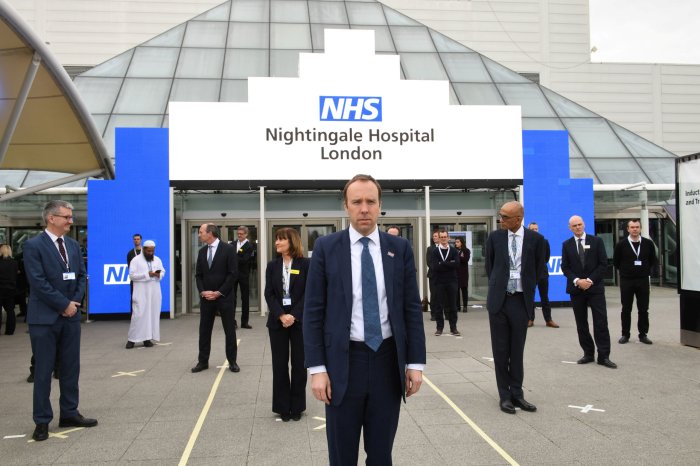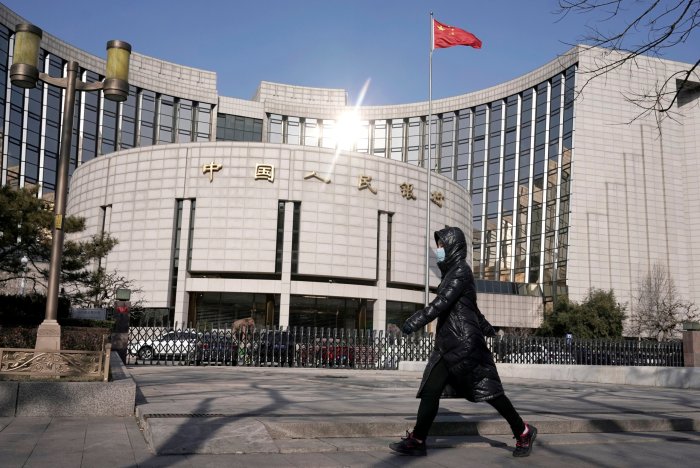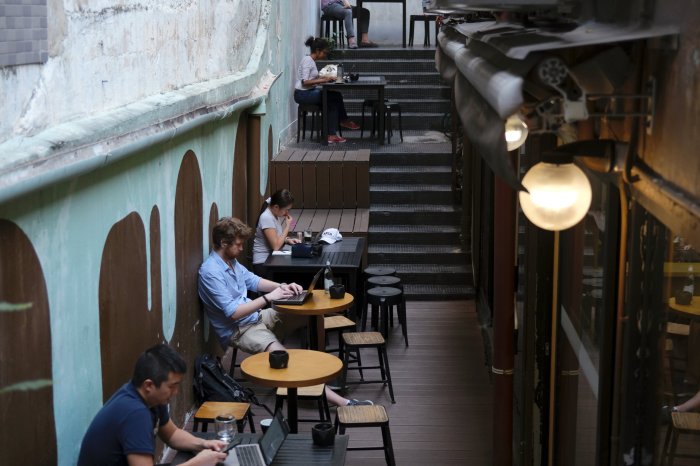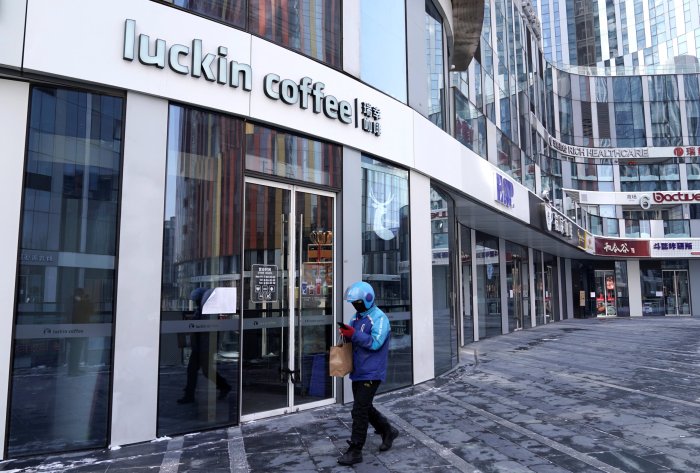MILAN (Reuters) – Italy plans to tighten health checks to ensure that work is not disrupted in a small northern town specialising in the production of medical supplies to tackle its coronavirus crisis.
The area snuggled around the medieval town of Mirandola has become a focus for desperate health authorities seeking to source equipment in the European country where COVID-19 has taken the most deadly toll.
Already home to a cluster of companies making high-end products for dialysis, heart surgery and transfusions, it has found itself on the front line of efforts to treat patients during the pandemic.
“This is a key strategic sector that we need to nurture and we’re going to make sure it stays open for business,” said Sergio Venturi, coronavirus czar for the northern region of Emilia Romagna where Mirandola is located.
The idea is to ask companies to carry out swab tests on their employees to help monitor the health of workers in an area deemed of national strategic interest. Faster tests being developed in a nearby laboratory could also come into play once validated.
“What we’re looking to do is ask for daily screening for all staff in the area so there’s no risk of the virus leading to a shutdown. We can’t afford that,” Venturi told Reuters.
The measures underline the importance of the hub, created around 50 years ago by the pharmacist and entrepreneur Mario Veronesi.
CLUSTER OF COMPANIES
Mirandola, which has a population of only around 24,000, plays host to about 100 high-tech medical companies including Germany’s Fresenius SE <FREG.DE>, ventilator multinational Medtronic <MDT.N>, and UK respiratory support group Intersurgical.
Companies have been working flat out on coronavirus-related production such as filters and circuits to help supply oxygen, and disposable medical items to hook patients up to ventilators.
Production in the area, badly damaged in a deadly earthquake eight years ago, has shot up by more than 20%.
Dimar, one of a handful of companies producing respiratory helmets, had police and staff from Italy’s Civil Protection unit knocking on its doors to take stock back to neighbouring Lombardy, one of Italy’s worst affected regions.
The company, which supplies emergency departments in around 125 hospitals, has ratcheted up output of its face-covering helmets that allow patients to be treated away from overwhelmed intensive care units.
“We wanted to double production but it’s just not possible since that would require building plant and that takes more than six months,” Dimar founder Maurizio Borsari said, adding that problems faced by suppliers, transport bottlenecks and a shortage of raw materials was also holding up work.
Borsari said police patrols in the district had risen sharply since the crisis started to protect businesses.
LOCAL KNOWLEDGE
A dearth of equipment such as surgical masks and ventilators has left hospitals and medical staff across the north struggling to cope, and concern is growing the spread of the virus to the poorer south could cause some health systems there to collapse.
It was another Mirandola company, UK-based Intersurgical, that in 72 hours last month built a prototype circuit developed by an Italian medical team allowing two patients to use the same ventilator – effectively doubling capacity at a stroke.
Giuliana Gavioli, regulatory director at German dialysis and blood product group B. Braun, points to the role of local expertise in underpinning broader efforts to fight COVID-19.
“They’re giving special status to this district because of its biomed pedigree and they want to get a task force in place to move on a series of fronts such as identifying product lines that can be converted to produce vital equipment and medical devices,” she said.
She points to the example of recent start-up Tecnopolo, which has around 20 researchers.
Set up in 2015 to provide biotech research services, it now concentrates on certifying the masks made by a legion of companies around the country that have switched from other product lines such as fashion.
“Work has ballooned. We’re in contact with around 250 companies across the country that want their production lines authorised,” says Tecnopolo coordinator Laura Aldrovandi.
(Additional reporting by Giulio Piovaccari and Elvira Pollina; Editing by Keith Weir)

